2013.02.07
Lunar New Year ushered in this weekend
Unless someone ventures into Itoman City this weekend, it’s unlikely that anyone would realize that Sunday is Lunar New Year.
The Lunar New Year, also known as the Chinese New Year, is celebrated on a grand scale in Taiwan, China, Korea and a few other countries that traditionally count time using the lunar calendar. In Okinawa, only Itoman City celebrates the lunar new year, and even there, it’s not all that big a thing.
In Okinawa the celebration of the lunar New Year centered on fishing towns and villages. Although it was celebrated in pre-war days, following World War II the Ryukyu government recommended shifting to celebrate the new New Year, and celebration of the Lunar New Year decreased. In locales where fishing is prosperous such as Itoman city and Ono Island, the lunar-calendar event still remains. At a fishing port, many colorful good-catch flags are hung up over fishing boats, and the bumper fish crop for one year and the safety of voyage are wished.
Food remains a key element of celebrating the lunar new year, with a mandarin orange and charcoal rolled with kelp offered on a Buddhist altar, while people pray to it with hands joined. After that, people eat pork dishes, such as the Soki soup and Suchikah, pork preserved in salt. Refrigerators weren’t common in the past, either, so salt was a common part of the diet. Customs were different, but as a means to save meat, since preserving in salt was used, the customs of eating Suchikah remains from the time when pork was eaten only at special events.
Since the mandarin orange is viewed as an offering and is orange in color, it expresses prosperity, and since charcoal does not deteriorate, a healthy long life and kelp are offered as “Yorokonbu.” Yorokobu means being glad, konbu is kelp in English.
Moreover, when the first water is pumped up from a well in the early morning of January 1st of the lunar calendar, it is called Wakamizu meaning young water in English, and when this water is drunk, there is a legend that it can pass good fortune and good health for one year.
Although the customs are simple in the present age when the life has become rich, the joy which greets a new year does not still change.


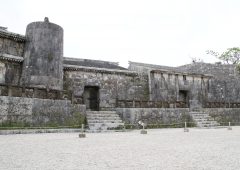 2024.07.07
2024.07.07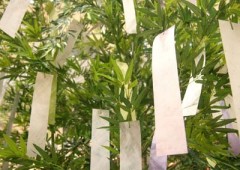 2024.07.02
2024.07.02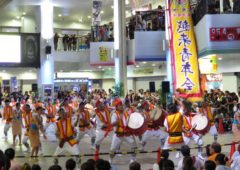 2024.06.11
2024.06.11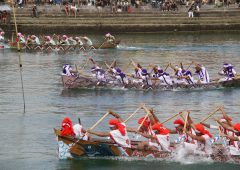 2024.06.03
2024.06.03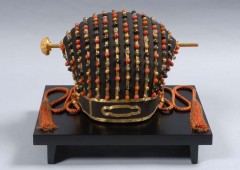 2024.05.02
2024.05.02 2024.04.26
2024.04.26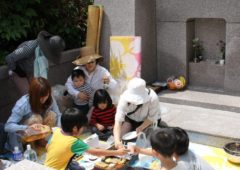 2024.04.04
2024.04.04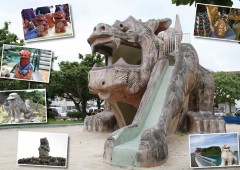 2024.04.02
2024.04.02 2024.03.03
2024.03.03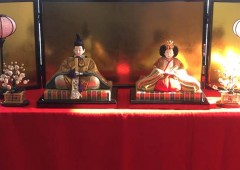 2024.02.26
2024.02.26






